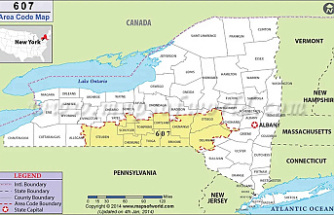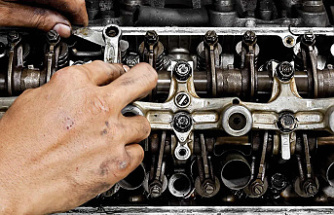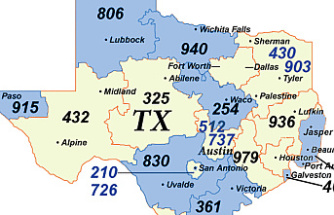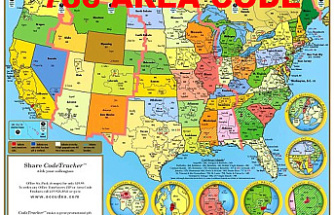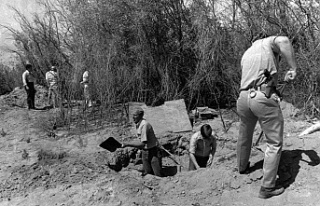This overrided a veto. It joins 11 other states that have similar laws in a culture war.
A Gov. veto letter Spencer Cox's poignant argument that such laws target transgender children already at high risk of suicide at the time caught national attention.
Business leaders raised concerns that the ban could have a large economic impact on Utah. They also warned of the potential loss of the NBA All-Star Game next season. The ban was called discriminatory legislation by the Utah Jazz and they opposed it.
The ban had been supported by a majority Utah legislators before the veto. However, it was not overridden by the required two-thirds. On Friday, the sponsors of the ban flipped 10 Republicans in Congress and five senators who previously voted against it.
Cox was the second GOP governor to overrule legislators on a sports participation ban this week, but the proposal received support from a vocal conservative base which has particular influence in Utah's primary season. However, Cox was supported by some Republicans to reject the ban, even with these contests imminent.
"I can't support this bill. I can't support the veto-override, and if it means losing my seat, so be it. Republican Senator Daniel Thatcher said, "I will do the right things as I always have."
Twelve states now have some form of ban on transgender children in school sports, thanks to the Cox veto override. Utah's law goes into effect July 1.
While efforts to regulate transgender children's participation in sports were unsuccessful a few years ago, groups such as the American Principles Project have been working together to promote legislation across the country. According to the National Conference of State Legislatures, bans have been passed in at least 25 states since last year. This week, legislators in Arizona passed bans.
Terry Schilling, president and CEO of the American Principles Project said that "you start these fights" and "inject them into politics." After passing them in a few states, it takes on a life of itself and becomes organic. This fight was started by us and we are helping to carry it on, but most of the work is happening at the local level."
Leaders from the conservative state of Utah believe they need the law to protect women’s sports. They argue that transgender athletes could soon dominate the field, changing the nature of women’s sports.
Utah only has one transgender girl in K-12 sports that would be affected by this ban. None of the Utah transgender youth athletes have been accused of having any competitive advantage.
Visit Salt Lake, a group that hosts events and conferences, stated that the state could lose $50 million in revenue if the override is allowed to proceed. It was also opposed by Ancestry.com, a Utah-based DNA-testing genealogy company.
Salt Lake City will host the NBA All-Star Game in February 2023. Mike Bass, a league spokesperson, said that the league was "working closely" to resolve the issue with the Jazz. Dwyane Wade (NBA all-star) partially owns the team. Wade has a transgender son.
But, supporters of the ban claim that they had planned ahead to minimize the impact of boycotts such as those that forced North Carolina's repeal of a law restricting which public toilets transgender people could use. Schilling stated that North Carolina was forced to do so because it did not want to be affected by them. Strategically, the American Principles Project focused on legislation in early stages of legislative process in economically juggernaut states. If they leave, companies and organizations could lose significant investments. The group anticipates that smaller states will receive similar treatment, following the precedent of a muted economic backlash set.
Utah's legislative leaders said that concerns about economic backlash and the NBA's withdrawal Salt Lake City were premature. They also noted that Texas and Florida have not faced boycotts.
"I hope that the NBA and other organizations understand that we are here to protect women's sport and keep them safe and competitive. "And if they have any thoughts on how to achieve that, we'd love to chat with them," stated Brad Wilson, Utah Republican House Speaker.
Utah is a conservative state that has been for a long time. However, the influx of technology-based companies and residents in Utah has led to heated debates about social issues in the state that is home to The Church of Jesus Christ of Latter-day Saints.
Both pro- and anti-ban demonstrators rallied at the Capitol of Utah on Thursday and Friday.
After more than a decade of negotiations between social conservatives, LGBTQ advocates, Friday's deliberations were concluded. Republican sponsor Rep. Kerabirkeland worked closely with Cox, Equality Utah activists before she introduced legislation that would require transgender student-athletes to appear before a government-appointed committee.
Although the proposal was presented as a compromise it failed to gain support from either side. LGBTQ advocates were critical of Republican politicians' appointment of commission members and the inclusion in their evaluation criteria body measurements like hip-to-knee ratio.
The GOP legislators supplanted the legislation with a complete ban in the last hours of the Legislature's adjournment earlier this month.
Birkeland, who is also an assistant basketball coach, admitted that the proposal caused intense emotion but said she was motivated by conversations with female student athletes.
She said, "When we say, ‘This isn’t a problem within our state,’ what we tell those girls is, ‘Sit down and be quiet, and make some nice things.
The lawmakers expect court challenges similar in nature to the blocked bans in Idaho or West Virginia where athletes claim that the policies violate their civil rights. Due to the requirement for gender testing, they claim that bans infringe on their privacy rights. On Friday, the ACLU of Utah stated that a lawsuit was inevitable.
If the ban is halted by the courts, Utah's policy will be reverted to the commission.
School districts and the Utah High School Athletic Association were concerned about the possibility of lawsuits. The association has stated that it does not have the funds to defend the policy before the courts. Friday's ban was also amended by lawmakers to allow taxpayer money to cover fees for potential lawsuits. This will insulate the associations and districts from liability.


